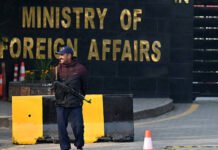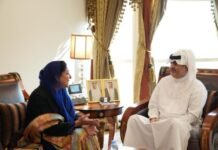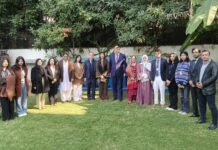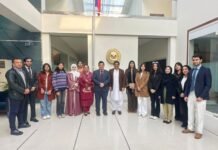Geneva, 12 July 2022 (TDI): The Director-General of the World Health Organization (WHO), Dr. Tedros Adhanom Ghebreyesus addressed the COVID-19 Media Briefing. He stated the concerns that the Emergency Committee has about COVID-19.
The full remarks by @DrTedros – 12 July 2022 ⬇️ https://t.co/9686BLYh5D
— World Health Organization (WHO) (@WHO) July 12, 2022
The Director-General highlighted five concerns. These concerns are interlinked and also important to cater toward pandemic preparedness.
Weekly @WHO media briefing on #COVID19 and other global health issues https://t.co/el2nNO3o4M
— Tedros Adhanom Ghebreyesus (@DrTedros) July 12, 2022
The first concern is to battle the sub-variants of the COVID-19 variant, Omicron. The BA.4 and BA.4 are responsible for increasing deaths around the world.
The second concern highlighted by Dr. Tedros is how surveillance has decreased. The testing and sequencing have been reduced. Therefore, it is difficult to assess the impacts of the variants of transmission and countermeasures.
The third concern is about the treatments and vaccine distribution. There is unequal and ineffective vaccine distribution; thus, ineffective control over the transmission of the virus.
Another concern is that there are no standard procedures existing for the management of the disease. Hence, it has increased the burden on hospitals that must cater to the increasing amount of people with COVID-19.
The last concern is about how most people are unaware of the scientific communities and their link with COVID-19 risk perception.
The general public is oblivious; thus, causing the spread of the disease. Consequently, a dual challenge lies for the WHO: communication risk and the trust in health tools.
Many public measures and standard procedures such as masking, distancing and ventilation have been lifted. Therefore, the WHO faces challenges that increase the risk of COVID-19.
The Director-General also remarked on the success of WHO in Ghana and Syria. WHO and the Ministry of Health have set up health facilities in Ghana. This has made health needs accessible to the people of Ghana.
In Syria, WHO and its partners have delivered lifesaving supplies and health care to Syrian women. Moreover, civilians who did not have access to vital aid were provided with health care.








